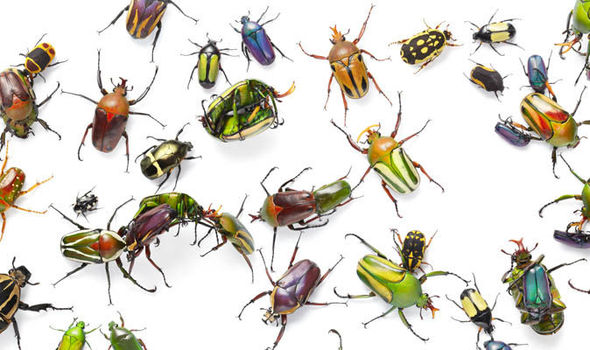A recent study in Germany revealed that the insect population in the area had declined by an alarming 76% over the past three decades. Though this is an isolated study from one part of the world, experts say that there’s no reason to assume that it isn’t happening everywhere else on the planet. Moreover, the study was conducted in protected areas, not agricultural land, and this is a significant point.
Entomologists (insect experts) have long held that insect populations around the globe are on the decline. Though most studies have been related to a single species or group, the study in Germany by researchers from Radboud University in the Netherlands and the Entomological Society Krefeld in Germany studied the entire flying insect population, which offers a broader view of the declines.
By measuring the decline of the total biomass of insects caught in specially designed Malaise traps over more than 27 years, the researchers found that the decline was extremely sharp and “very, very” surprising. What’s even more alarming is that the studies were conducted in areas specially allocated to preserve biodiversity, not agricultural land or urban locations.
This is by no means the first of such studies. Others conducted in Germany and overseas show declines ranging from 45% to the latest figure of 76%. The mid-summer decline in the new study came in as high as 82%.
What Will Happen to Humans if the Insect Population Keeps Declining?
Until now, only the decline in the honey bee population has gotten any sort of global coverage in the media. That’s because it’s directly connected with the pollination of food crops. But other insects perform equally vital roles.
Being a key component of the food chain, if their numbers decline, eventually that will filter up to animals higher up the chain, such as mammals. Many insects also help in pest control by feeding on pest species. There are literally thousands of such examples of insects being vital to the very fabric of every ecosystem on the planet.
The effects of this decline are likely already being felt. Though it’s difficult to pinpoint causal effects in many cases, the growing mountain of academic evidence of insect population declines all over the world is hardly something we can overlook.
The Royal Society for the Protection of Birds (RSPB) believes that the decline in many bird species is being caused directly by the decline in the population of insects that they feed on. A growing number of conservationists are of the same opinion.
Living in large cities far away from nature, the only insects we tend to think about are cockroaches, flies, mosquitoes, termites, bedbugs and such. That’s why a reaction of alarm from the entomological community might seem highly exaggerated to the average city dweller. But the impact is far more serious than we can imagine, and if nothing is done to stop the decline, the future could be very bleak for many communities, including the ones we live in.
Thanks for visiting. Please support 1redDrop on social media: Facebook | Twitter
Primary Source: CNN



